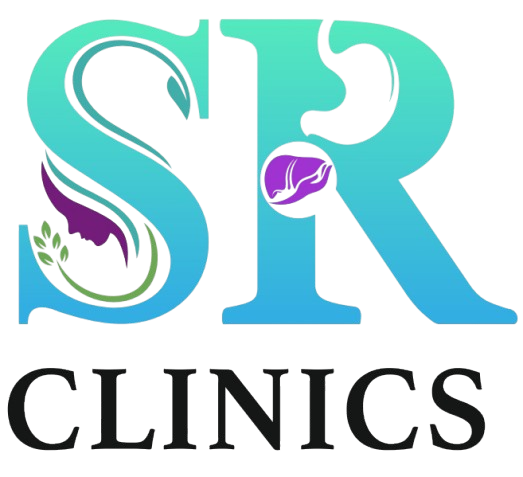
Hepatitis
Hepatitis is an inflammation of the liver, often caused by viral infections, excessive alcohol use, toxins, or autoimmune diseases. The most common types are Hepatitis A, B, C, D, and E, each with different modes of transmission and severity levels. While some forms of hepatitis resolve on their own, others can lead to chronic liver disease, cirrhosis, or even liver cancer if left untreated.
At SR Clinic, we specialize in diagnosing and managing hepatitis with personalized treatment plans, including antiviral therapies, lifestyle modifications, and vaccinations to prevent further complications.
Steps for Managing Hepatitis
- Medical Evaluation: Blood tests, imaging, and liver function tests help determine the type and severity of hepatitis.
- Vaccination: Hepatitis A and B vaccines can help prevent infections.
- Antiviral Treatment: Chronic hepatitis B and C may require antiviral medications to reduce liver damage.
- Lifestyle Changes: Avoid alcohol, maintain a balanced diet, and stay hydrated to support liver health.
- Regular Monitoring: Routine check-ups help track liver function and prevent complications like cirrhosis.
Frequently Asked Questions
Symptoms may include fatigue, jaundice (yellowing of skin and eyes), nausea, abdominal pain, dark urine, and loss of appetite. Some cases may be asymptomatic.
Hepatitis A and E spread through contaminated food and water. Hepatitis B, C, and D are transmitted via blood, unprotected sex, or from mother to child during birth.
Hepatitis A and E usually resolve on their own. Hepatitis B and C can be managed with antiviral treatment, and in some cases, hepatitis C can be cured.
Get vaccinated for Hepatitis A and B, practice good hygiene, avoid sharing needles, and ensure safe sexual practices to reduce the risk of infection.
